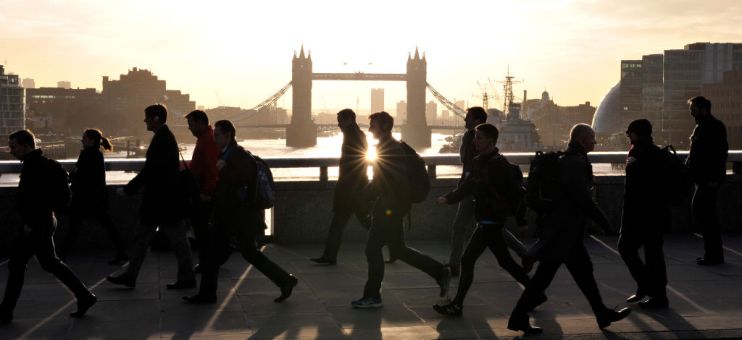UK inflation climbs to 0.7 per cent in March

The UK’s Consumer Prices Index (CPI) rose to 0.7 per cent in March, from 0.4 per cent in February, official ONS figures showed this morning.
CPI was boosted by rising fuel costs and clothing but was partially offset by falls in the price of food.
The ONS said prices charged by manufacturers rose by 1.9 per cent in the year to March, the highest in nearly two years.
The prices they paid for their inputs jumped by almost 5.9 per cent, the most since September 2018.
British inflation is forecast to rise sharply in the coming months, due to an increase in household energy bills in April and higher global oil prices.
The Bank of England forecast in February that inflation would reach 1.9 per cent by the end of the year, but many economics expect it will exceed its two per cent target before then.
Yael Selfin, chief economist at KPMG, said: “The increase in Ofgem’s energy price cap in April, alongside rising oil prices and the reversal of the VAT rate for hospitality and tourism, will push inflation above the two per cent target later this year.”
In the medium term, the BoE sees less upward pressure on inflation due to weakness in the job market, which it expects to persist even after the economy returns to pre-pandemic levels.
Andy Haldane, BoE’s chief economist, likened inflation to a ‘tiger’ that could be roused easily in February.
However, James Sproule, chief economist of Handelsbanken, said that none of this morning’s numbers will be seen as alarming, and that the BoE will “be able to maintain its present policy stance”.
John Hudson, fund manager of Premier Miton UK Growth Fund, added: “Whilst still low, expect inflation to continue to rise as higher consumer demand, once restrictions are lifted, are met with supply challenges such as higher raw material costs, component shortages and increasing freight charges.”